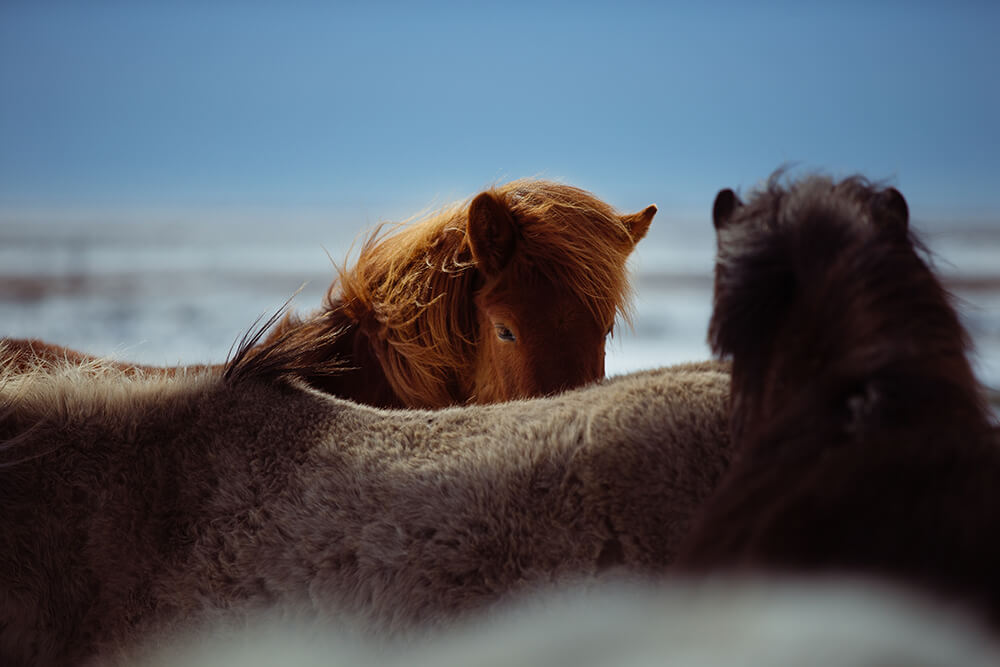Recently, I attended a workshop at the Unitarian Church of Vancouver. I am not religious in any sense of the word but I had heard from friends that this workshop is an incredible experience (and they were very much correct!). During the workshop, I had many kind participants speak with me and share lunch with me (as I was quite a bit younger than everyone else in the room). One individual, asked me about what I was going to school for and upon my answer handed me their Church’s current copy of “JUST news- Indigenous Peoples Fight for Justice” (vol22, no.1, 2019). Inside, I found an piece/interview done with Bruce McIvor, a lawyer and historian who is recognized internationally as a leading practitioner of Aboriginal law in Canada. Here is what made me want to know more. He believes that “#publiceducation #publiceducation is a key part of law practice” (p.10). Moreover, in response to the topic of decolonization, he blatantly states that “Indigenous peoples are moving towards having their own legal system recognized. We are largely miseducated in law school… #Indigenouslaw is separate from #Canadianlaw….Our fight is to have this jurisdiction recognized”.
His beliefs and stance on public education led me to: https://www.firstpeopleslaw.com/ where I have signed up for the newsletter (which keeps me up-to-date with current court cases and future cases) and downloaded the free “First Peoples Law: Essays on Canadian Law and Decolonization” and “Canadian Aboriginal Law in 2018: Essays and Case Studies”. I am still (as I speak) making my way through the essays but they are fairly publicly accessible (in language and their medium) and (given my Criminology background) I think it is so important for the public to see the resistance Indigenous people are making to Canada’s continued colonization and for all of us to see how things are changing (even if it is far too slowly).
